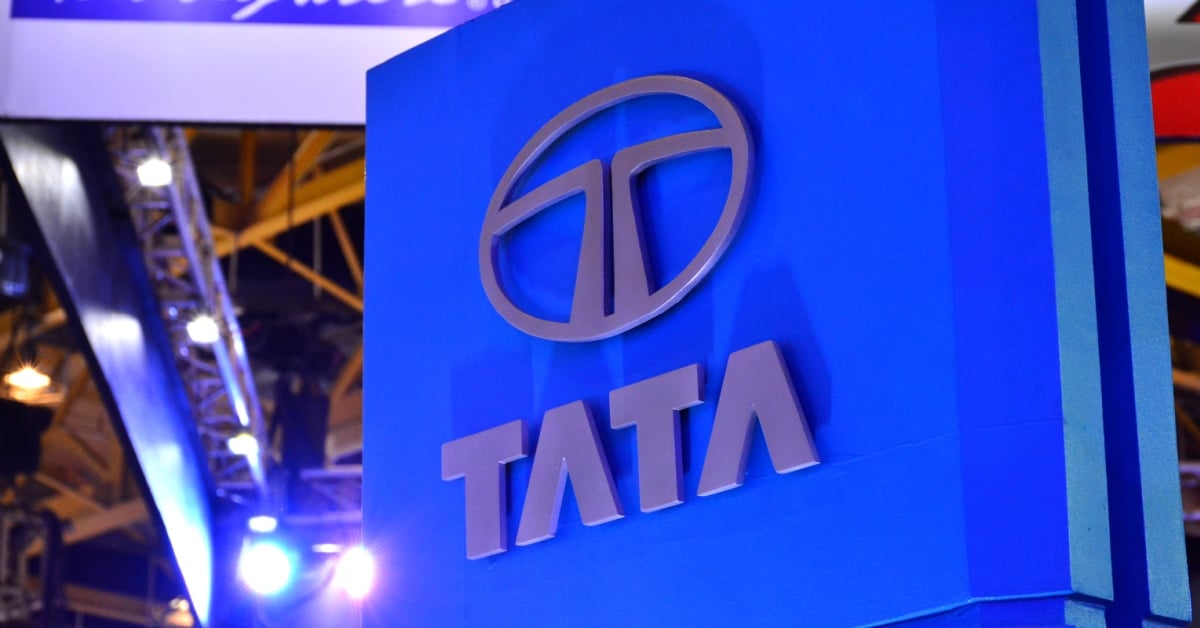SUMMARY
Tata is finalising arrangements to import JLR EVs from the UK while also strategising to produce JLR cars at a proposed $1 Bn facility in Tamil Nadu, India
Tesla is also expected to commence importing its vehicles to India and invest in the country
This comes a month after Tata Motors urged New Delhi to extend incentives on electric taxis for another three years
Auto giant Tata Motors is planning to import its Jaguar Land Rover (JLR) luxury electric cars under the new government policy that lowers import taxes for companies agreeing to set up local manufacturing, Reuters reported, citing two government sources.
This comes a month after Tata Motors urged New Delhi to extend incentives on electric taxis for another three years and to incorporate personal cars into the government’s main demand support programme, FAME.
Reportedly, Tata Motors is calling on the government to establish a conducive environment, similar to Beijing’s commitment, to promote EV adoption until electric vehicle sales reach at least one-fifth of all new car sales.
As per Reuters’ report, Tesla is also expected to commence importing its vehicles to India and invest in the country. However, Tata’s plan if realised would make it the first local carmaker to opt for the policy designed to increase the use of electric vehicles (EVs).
The policy announced in March cuts import taxes to 15% from as high as 100% on some EV models if a carmaker invests at least $500 Mn and sets up a domestic factory within three years.
Initially, Tata urged the government to maintain duties to safeguard the domestic industry. However, Tata and JLR are now considering the option of seeking incentives under the EV policy, a third source familiar with the company’s plans told Reuters.
Discussions are in the preliminary stages.
“Tata wants to import JLR (EVs) under this new policy,” another source told Reuters.
Tata is finalising arrangements to import JLR EVs from the United Kingdom while also strategising to produce JLR cars at a proposed $1 Bn facility in Tamil Nadu, India. The specific JLR models to be manufactured there have yet to be disclosed.
Meanwhile, the Indian government met with car industry representatives on Thursday to begin finalising a framework for the policy, the official in the report.
Representatives from Hyundai Motor Co, Vinfast, Volkswagen, BMW, Mercedes, Maruti Suzuki, Mahindra and Mahindra, Toyota Motor Co, and others attended the meeting, along with a representative from Tesla.
Tata currently holds a significant share in India’s small yet expanding EV market. Electric models constituted approximately 2% of total car sales in 2023, with the government aiming for 30% by 2030, despite slowing demand in key markets like the United States and China.
Tata Motors has emerged as a frontrunner in India’s automotive sector by meeting the rising demand for electric vehicles. Over the past five years, its stock price has surged nearly sixfold, solidifying its position as a leader in the domestic electric vehicle market. With a market share exceeding 70%, Tata Motors dominates the local electric vehicle market.
Currently, its portfolio includes four EVs in the personal car segment: the Tiago hatchback, Tigor sedan, and Punch and Nexon SUVs.
Looking ahead, the company aims to diversify its offerings with the upcoming Harrier EV and Curvv EV. Currently, electric vehicles contribute to 14-15% of Tata Motors’ sales, with a target to increase to 25% by 2027 and 50% by the end of the decade.
Alongside Tesla, automotive giants such as Audi and Mercedes-Benz are also eagerly positioning themselves to seize opportunities within the burgeoning Indian EV ecosystem.
EV registrations in India, across vehicle categories, stood at 1,43,325 units in November 2023, a year-on-year jump of over 36%, as per Vahan data.
Disclaimer
We strive to uphold the highest ethical standards in all of our reporting and coverage. We StartupNews.fyi want to be transparent with our readers about any potential conflicts of interest that may arise in our work. It’s possible that some of the investors we feature may have connections to other businesses, including competitors or companies we write about. However, we want to assure our readers that this will not have any impact on the integrity or impartiality of our reporting. We are committed to delivering accurate, unbiased news and information to our audience, and we will continue to uphold our ethics and principles in all of our work. Thank you for your trust and support.



![[CITYPNG.COM]White Google Play PlayStore Logo – 1500×1500](https://startupnews.fyi/wp-content/uploads/2025/08/CITYPNG.COMWhite-Google-Play-PlayStore-Logo-1500x1500-1-630x630.png)